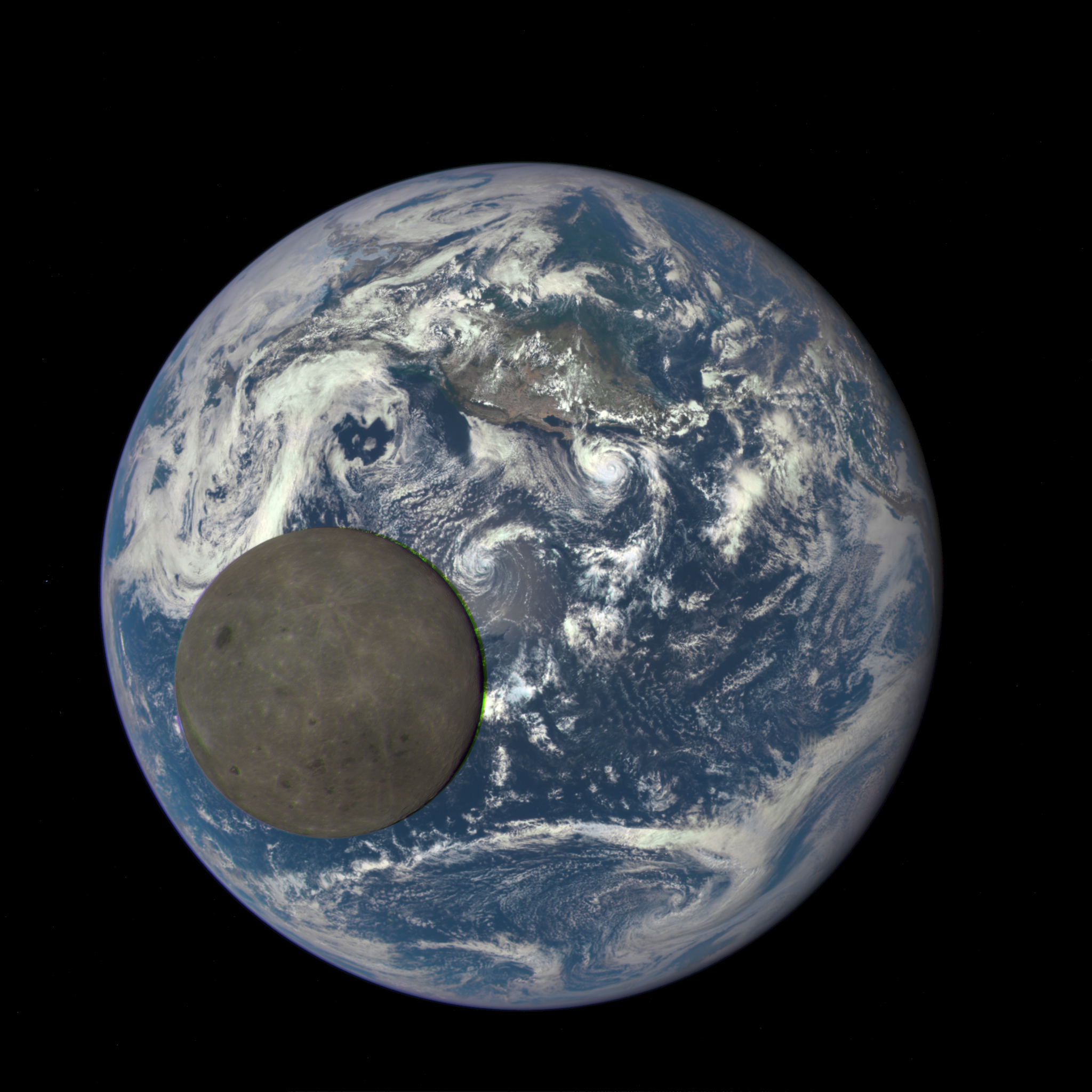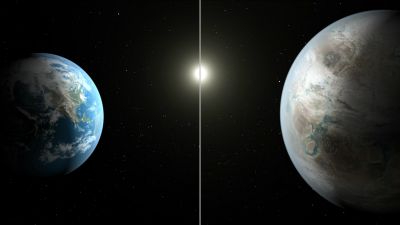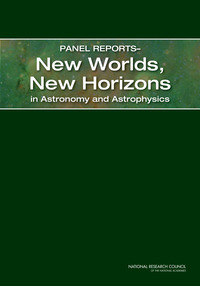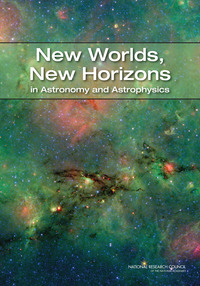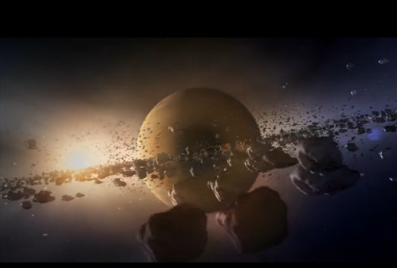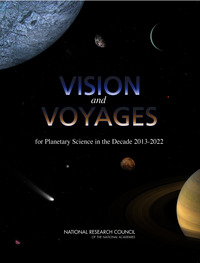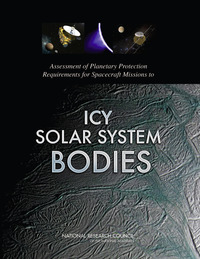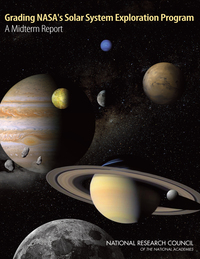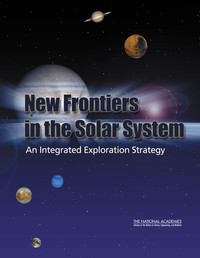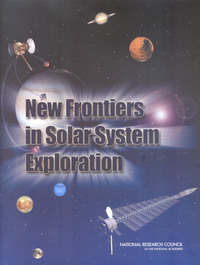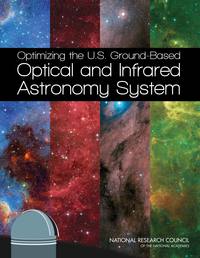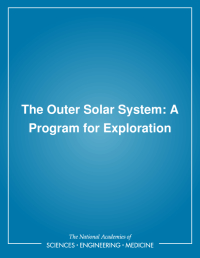On January 3, a Chinese spacecraft made the first-ever landing on the far side of the moon. This milestone has the potential to help us understand more about our solar system and the universe beyond. Our reports provide an independent, authoritative forum for information and advice on all aspects of space science. All are free to download.
Solar and Space Physics: A Science for a Technological Society
From the interior of the Sun, to the upper atmosphere and near-space environment of Earth, and outward to a region far beyond Pluto where the Sun’s influence wanes, advances during the past decade in space physics and solar physics–the …
Assessment of Planetary Protection Requirements for Spacecraft Missions to Icy Solar System Bodies
NASA’s exploration of planets and satellites during the past 50 years has led to the discovery of traces of water ice throughout the solar system and prospects for large liquid water reservoirs beneath the frozen ICE shells of multiple satellites …
Review and Assessment of Planetary Protection Policy Development Processes
Protecting Earth’s environment and other solar system bodies from harmful contamination has been an important principle throughout the history of space exploration. For decades, the scientific, political, and economic conditions of space …
Vision and Voyages for Planetary Science in the Decade 2013-2022
In recent years, planetary science has seen a tremendous growth in new knowledge. Deposits of water ice exist at the Moon’s poles. Discoveries on the surface of Mars point to an early warm wet climate, and perhaps conditions under which life …
Visions into Voyages for Planetary Science in the Decade 2013-2022: A Midterm Review
In spring 2011 the National Academies of Sciences, Engineering, and Medicine produced a report outlining the next decade in planetary sciences. That report, titled Vision and Voyages for Planetary Science in the Decade 2013-2022, and …
The past decade has delivered remarkable discoveries in the study of exoplanets. Hand-in-hand with these advances, a theoretical understanding of the myriad of processes that dictate the formation and evolution of planets has matured, spurred on …
An Astrobiology Strategy for the Search for Life in the Universe
Astrobiology is the study of the origin, evolution, distribution, and future of life in the universe. It is an inherently interdisciplinary field that encompasses astronomy, biology, geology, heliophysics, and planetary science, including …
Searching for Life Across Space and Time: Proceedings of a Workshop
The search for life is one of the most active fields in space science and involves a wide variety of scientific disciplines, including planetary science, astronomy and astrophysics, chemistry, biology, chemistry, and geoscience. In December 2016, …
